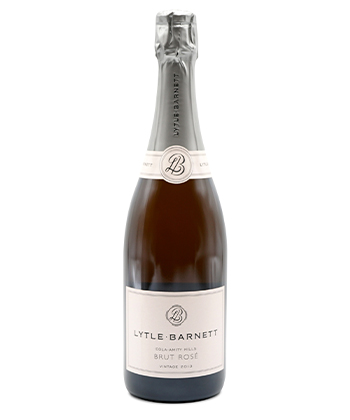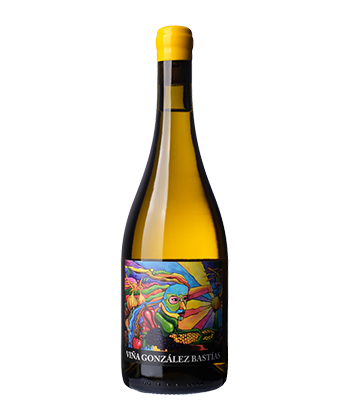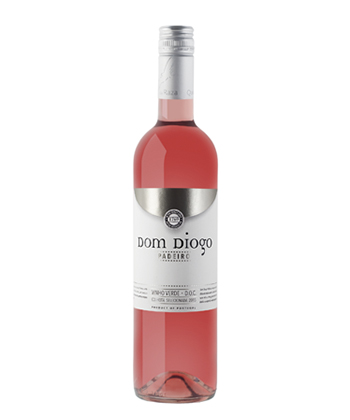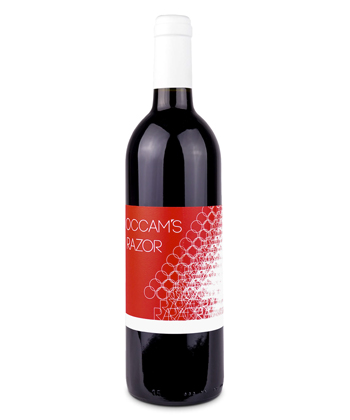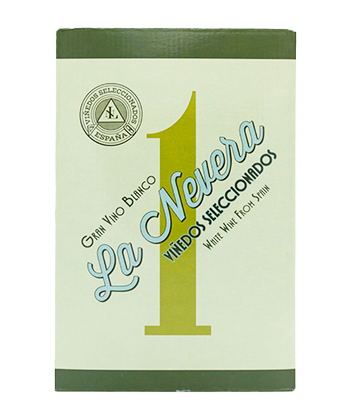This month, we’re heading outdoors with the best drinks for the backyard, beach, and beyond. In Take It Outside, we’re exploring our favorite local spots and far-flung destinations that make summer the ultimate season for elevated drinking.
Though barbecue and grilling are words often used interchangeably, the two are actually vastly different methods of cooking. Barbecue is rooted in using fire to create enough smoke to cook meat slowly on low heat for hours to achieve a certain texture and flavor, whereas grilling uses direct heat to cook food faster. The two methods lend distinctly different flavors to meats, vegetables, and fruits.
One thing they do have in common? Both methods deliver delicious foods and pair wonderfully with wine. The key to doing so — once the desired method is used — is to choose wines that complement the chosen smoke, sauce, and seasonings. Throw out the wine rules if you use them, and have fun; pair a red wine with smoked chicken or a white wine with pulled pork.
The style of cooking we call barbecue originated with the Arawak indigenous peoples of South America — the first native people Christopher Columbus met when he arrived in Hispaniola. In his book “The Cooking Gene,” culinary historian Michael Twitter writes, “Cooking over sticks and saplings was known to both early indigenous Virginians as well as the indigenes of the West Indies, where the word ‘barbacoa’ was supposedly encountered by the Spanish in the sixteenth century” and where barbecue gets its name.
The key to truly understanding barbecue is learning the differences in regional styles and finding wines that work for them. Barbecue is a varied cuisine with nuances based on sauce, wood used to add flavor, and spice rub styles. There are four main types of barbecue: Texas, Memphis, Kansas City, and Carolina.
Texas barbecue is broken into parts based on the regions of east, central, west, and south Texas. East Texas barbecue is made with a sweet tomato-based sauce, central Texas is known primarily for its dry rub, south Texas uses a sweet molasses base, and west Texas uses direct heat similar to grilling. Memphis is known for its wet and dry rubs. Kansas City-style barbecue uses molasses and tomato. Carolina is a whole-hog style of barbecue — using dry rub and spiced liquid during cooking that is smoked anywhere from 10 to 12 hours and then chopped, shredded, and pulled for eating. In Texas, most barbecue is cooked using beef — primarily brisket — and outside of the state, pork is the preferred meat to cook using the entire hog.
Wines that pair well with barbecue are diverse. Sparkling wine brings out the flavor of the char and smoke of Carolina and Kansas City barbecue. Dry and fruit-forward wines work well with the sweetness of Texas and Memphis dry rubs and balance the salt in them. Acidic and citrus-forward wines work well with any barbecue sauce — even Carolina’s vinegar-based ones.
Wine writer Seth Barlow, who is studying to be a certified barbecue judge, believes “the similar natures of barbecue and wine” make the two an ideal pairing. “I think the choices a pit master makes during the cooking process reveal themselves similarly to the way a winemaker’s choices do when it comes to vineyard management and winemaking,” he says.
And like winemaking, cooking barbecue well requires time. Time to learn about wood and how it imparts flavor, which meat is best for the end result, fire management, and the pit or smoker one chooses to use. In his book “Rodney Scott’s World of BBQ,” world-famous pitmaster and James Beard Foundation Award winner Rodney Scott writes, “If you want to know how to cook a hog right, you also have to know how not to cook a hog wrong.” This may be the most important rule of BBQ.
Five wines to pair with barbecue
Lytle-Barnett Willamette Valley Brut Rosé Sparkling Wine 2016 ($60)
Willamette Valley is known for its Pinot Noir, and this easy-sipping, 100 percent Pinot Noir sparkler is no exception. This is wine made for brisket, with or without sauce, and grilled fruits like peaches and pineapple.
Viňa González Bastías Blanco ‘Semillon-Torontel’ 2019 ($25)
This skin-contact wine has texture and tension that will complement barbecued pork in any form: ribs, pulled, or chopped. I suggest pulled pork tacos.
Quinta da Raza Dom Diogo Padeiro Rosé 2020 ($15)
Rosé is an obvious choice for barbecue, especially when it’s a little off-dry. Great for meats, seafood, and fruit, this is an overall crowd pleaser. Also, consider getting a second bottle for fall foods. Barbecue is consumed year-round in warmer parts of the country, and if you’ve never had a smoked turkey, then add it to your Thanksgiving menu.
Rasa Vineyards Occam’s Razor Red Blend 2018 ($20)
A barbecue would be incomplete without red wine. Some traditional pairings are Zinfandels and Cabernet Sauvignons, but red blends are also a great choice to please a variety of palates. This red blend is best drunk with a slight chill to bring out the slight sweetness of brisket, duck, and barbecue sauce.
La Nevera Gran Vino Blanco Bag in Box ($28)
Yes, wine in a box can be delicious. This white from Spain packs in stone fruit and citrus flavors with aromas of salt and stone. It’s an ideal wine for a backyard barbecue and will work well with Memphis-style pork ribs and grilled salmon.

